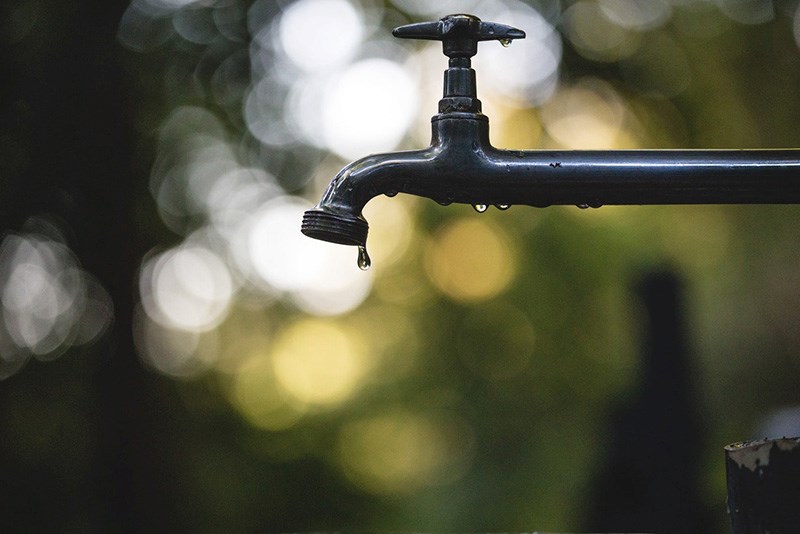A plan to set 2018 municipal residential water rates in Port Moody according to the type of home has been shelved — for now.
The proposal, which the city’s finance committee forwarded to council's committee of the whole for consideration, would have capped annual water rates for a single-family home at $450 in 2018 while townhouse owners would have paid $423 and owners of apartment and secondary suites would have been charged $400.
Instead, all residential owners will likely be charged the same flat rate. For 2018, the proposed rate is $432; this year, it was $413.
(Council will be considering the fees schedule bylaw, including the fees charged for all utilities — water, sewer and garbage, green waste and recycling collection — on Nov. 14, with adoption scheduled for Nov. 28.)
More than half of that money goes towards the regional purchase of water from Metro Vancouver while the rest pays for the city’s costs for local pump stations, reservoirs and pipe networks.
Mayor Mike Clay, who made the motion to retain the status quo for the coming year, said weighing rates to the type of residence would be “a fundamental change in the way we’re doing business,” and residents should be consulted before that happens.
He said a weighted charge assumes the owner of a single-family home uses more water than an owner of a townhouse or condo, regardless of how many residents might live in either home.
“We don’t have any way of determining what’s equitable unless we put a meter on a house,” Clay said.
That might not be such a bad idea, Coun. Barbara Junker said, noting, “It’s a good way to make people understand conserving water.”
Jeff Moi, Port Moody’s general manager of engineering and operations, said the city is monitoring water usage on some homes on Heritage Mountain that have been equipped with water meters. As well, all new townhouse and condo developments require meters, and all PoMo industrial properties are already metered.
But Tyson Ganske, the city’s manager of financial planning, told the committee that “previous studies show there is no business case for meters” on residential properties.
Count. Rob Vagramov said metering is a non-starter and the assumptions that come with a system tiered to the type of home are sound.
“If you’re in an apartment or secondary suite, you’re not going to be watering a lawn, you’re not going to have to fill a pool,” he said. “Almost all things in life are based on a certain percentage of assumption.”
Part of the motion that was passed was a requirement that city staff assemble and analyze more statistics for council about the implications and costs of changing the method for determining the water rate.
Zoe Royer, the only councillor who opposed the motion, said the only foolproof way to charge for water is through metering. But until that happens, weighing rates according to the type of residence is more fair than charging the same flat rate for all.



